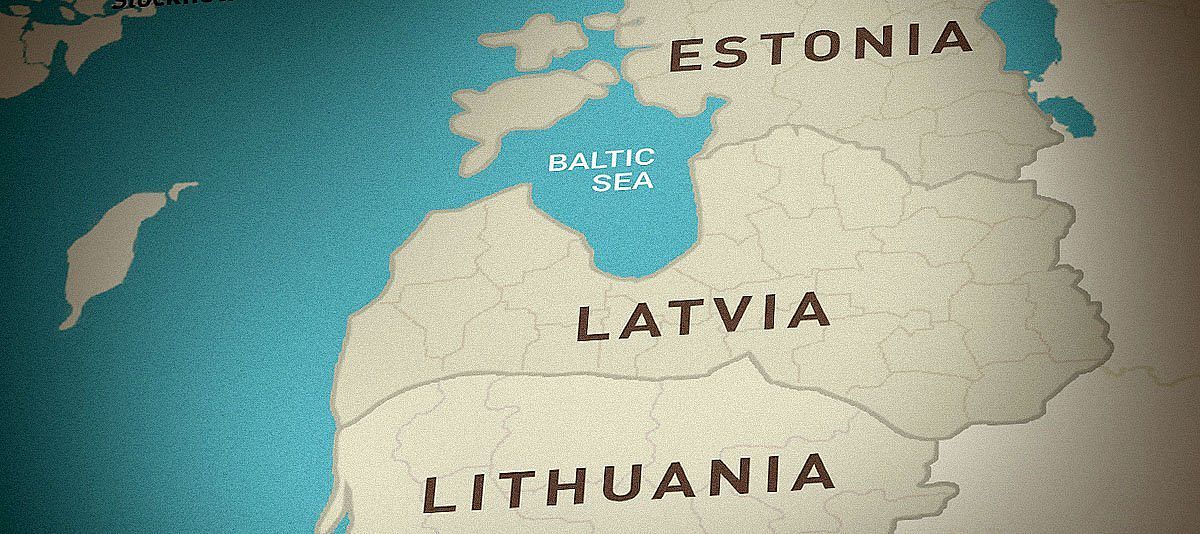The Secretary of State pointed out that Russian firms have experience in searching for oil in the Kingdom, both inland and offshore, the local Khmer Times
Cambodia has 6 offshore blocks, 19 onshore and 4 disputed with Thailand.
One thing it can offer Russian oil companies is the opportunity to invest in blocks that are not in disputed territorial waters, other than the 26,000 sq. km area in the Gulf of Thailand, over which Bangkok and Phnom Penh are still haggling.
The odds that Russian firms will invest in Cambodia’s off and onshore blocks are fairly limited at the moment both for market and political reasons, according to Nick Birman-Trickett, political risk and energy analyst of the Young Fabians Economy and Finance Network.
He said:
- Russia’s leading oil firms are still managing output reductions in coordination with Saudi Arabia and OPEC because oil demand hasn’t yet recovered to pre-Covid levels, nor will it in the short-run until air travel restrictions and international travel resume in full
- Any additional capacity investments anywhere still face considerable uncertainty over demand and that’s before sanctions risks come into play
- Gazprom and Novatek have no reason to invest abroad
- There’s plenty of supply domestically that’s low-cost
- If anyone were to invest, it’d be Rosneft
Russian firms such as Rosneft may also avoid investing in Cambodia for fear of offending its biggest customer, China, according to Birman-Trickett
He noted:
- Russia wouldn’t gain much from a presence in the energy sector if it just develops oil & gas deposits per se but international oil companies from Europe and the US probably aren’t interested in Cambodia right now
- It buys some goodwill and favour, especially since oil & gas always generate tax receipts, but owning key infrastructure like power grids or ports would be a more significant symbol of influence
- I suspect not what Russian investors and firms are driving at or capable of delivering, assuming that someone in Moscow sees an opportunity to impress their bosses or someone else with good returns on these investments
The International Trade Administration said in its 2021 Energy Reserve Guide:
- Over $5.5 trillion of upstream investment will be required to meet world demand in the next 10 years
- Worldwide spending in offshore oil & gas field development needs to increase by 20% to meet future demand growth and ensure companies sustain production over the next decade
- Deepwater exploration will be crucial in replenishing depleted conventional inventories
And the clock is ticking after major economies pledged to become carbon neutral by 2050, which may mean that by the time Cambodia becomes the 8th ASEAN nation to export oil there will be few buyers.







